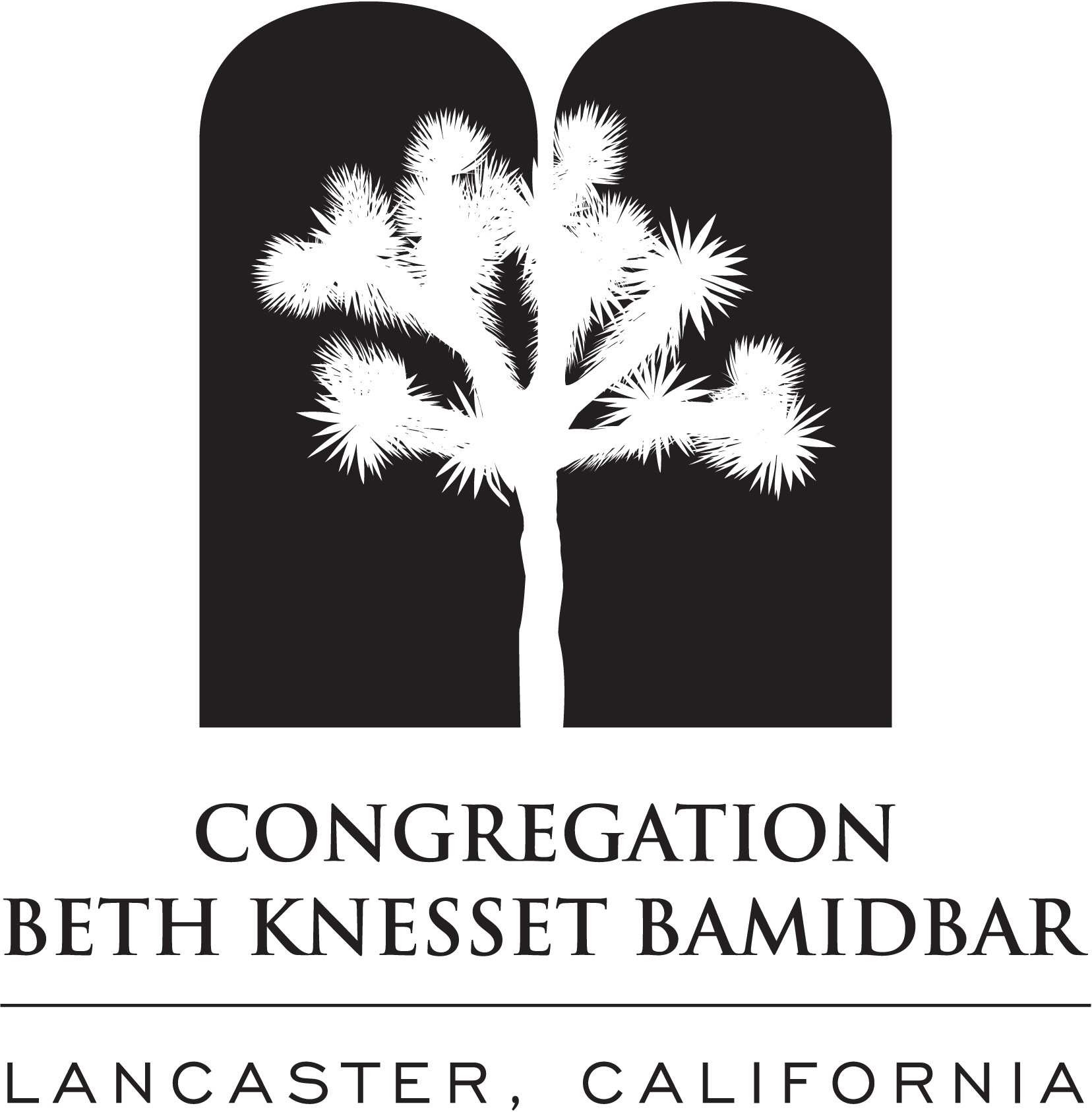Jewish ritual teaches us to mark the transitions in our lives, particularly those that signify an ending and a new beginning: a child’s birth – brit milah or Simcha bat, a son or daughter becoming b’nai mitzvah, a couple’s marriage, a conversion to Judaism, a relative or friend’s passing.
BKB can provide guidance and the services required to perform these rituals.
Brit Milah
The Torah commands us to circumcise our newborn sons on the eighth day of their new life. This powerful ceremony celebrates new life and brings our sons into Judaism’s sacred covenant.
Baby Naming/Simchat Bat
We celebrate the great blessing of a newborn daughter with a ceremony that brings her into the covenant and confers upon her a Hebrew name. A newborn son can also have this ceremony in lieu of brit milah.
Bar/Bat Mitzvah
Bar/Bat Mitzvah students are moving from childhood into adulthood, from learning to be responsible to being responsible. As a son or daughter of the commandments, you commit yourself to be a proud member of an ancient people.
Marriage
The Jewish wedding signifies a new partnership between two people and two families. On another, it is a sacred drama-an allegory of the covenantal relationship between God and the Jewish people. The Jewish imagination deliberately merges those two covenants-husband and wife, Israel and God-each mirroring the other.
The purpose of both covenants is to create and celebrate kedusha, which comes from the same Hebrew root as the word for marriage, kiddushin, meaning to be sanctified, set apart, lifted above the animal-like and mundane, touched by God.
For Jews, kedusha means that something has been invested with Jewish value and meaning. Judaism presents us with a living vocabulary and grammar of holy places (Eretz Yisrael, Jerusalem, the home, the synagogue); holy times (life-cycle ceremonies, festivals); and holy relationships (God and the Jewish people, parent/child, and marriage-the “holy of holies” of human relationships). Kiddushin, the Jewish wedding, affirms that we are created in God’s image, and the act of marriage endows the husband/wife relationship with holiness.
Funerals
Jewish tradition teaches that human beings are created in the image of God (Genesis 1:26). This is the underpinning of all of the rituals and customs that make up a Jewish funeral. This concept extends both to the deceased and the mourners
Each community has their own customs in regard to funeral practices. Some customs are dictated by tradition. Others are the result of local laws and regulations, especially when it comes to cemetery rules. Nonetheless, certain key concepts are universally practiced by all streams of Judaism.
Conversion to Judaism
People convert to Judaism for many reasons. Some are seeking religious meaning in their lives – with or without any connection to a Jewish partner – and simply find that Judaism offers a spiritual and religious place in which they are comfortable. For others, a relationship or marriage with a Jewish person offers them a first chance to explore Judaism. Participating in Shabbat dinner, a Shabbat or holiday service, or Torah study may be a completely new and different experience, and can be the first step toward considering conversion.
Once this journey of Jewish exploration and learning has begun, each seeker will make the individual choices that best suit his or her life. Some will choose to convert shortly after their learning process begins, while others will begin the process and take more time to make a final decision. Some people convert to become part of a Jewish family and to raise Jewish children, many after living in a Jewish family for years. Others choose to remain a non-Jewish member of a Jewish family, sometimes still participating fully in Jewish life
Sponsoring an Oneg
At the end of a life cycle event and/or Shabbat worship, refreshments are usually served. On Friday evening, this gathering is called an Oneg Shabbat, which literally means “the joy of the Sabbath.” On Saturday morning, it is called Kiddush, which is also the term for the blessing over the Sabbath wine. Everyone is welcome to attend and enjoy both the Oneg and the Kiddush.
Sponsoring an Oneg is a beautiful and meaningful way to honor a special person, occasion or memory. Please call the BKB Office 661.942.4415 to sign up.
